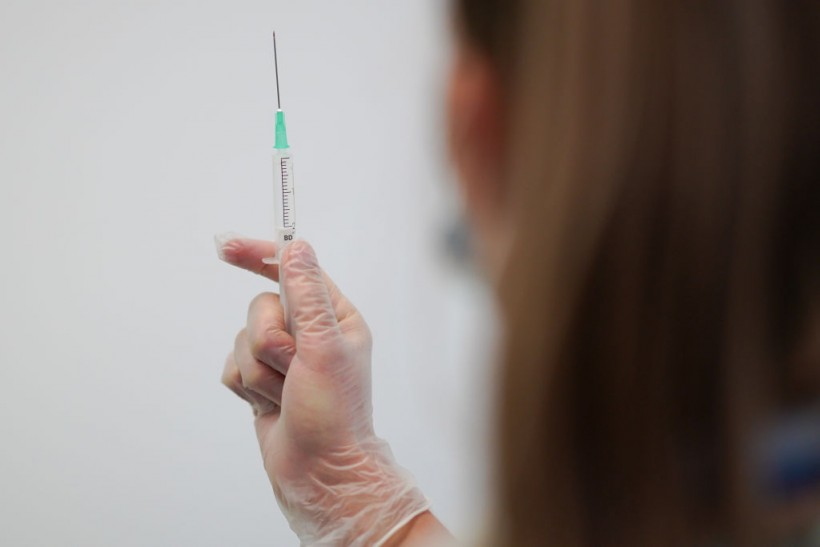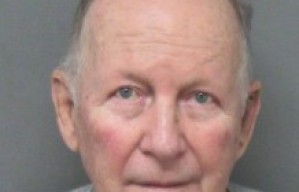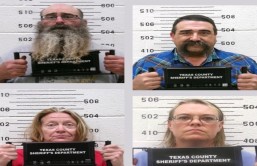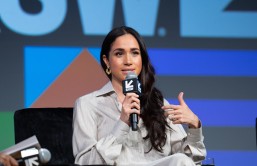
(Photo : Getty Images/Ian Forsyth)
YORK, ENGLAND - DECEMBER 22: Nikki Brown, a Primary Care Practitioner prepares a Pfizer BioNTech Covid-19 vaccine as Covid-19 vaccinations take place at Haxby and Wiggington Surgery on December 22, 2020 in York, England. The Haxby Group primary care provider will deliver the vaccine to eligible patients working with 11 GP practices in the area. Patients will be invited to attend for vaccination by their surgery and will have to return for a booster jab at a later date.
As the United States edges closer to President Joe Biden's initiative of a 70 percent immunization rate, numerous people are starting to wonder how long they will be covered with protection. Scientists are currently asking many questions regarding COVID-19 booster shots, but they do not yet have definite answers.
According to Shane Crotty, an infectious disease expert and professor at the La Jolla Institute for Immunology, "The less the virus circulates, the less critical boosters are," reported KPBS. Crotty's research is known across the country and has been used by federal health officials for congressional hearings.
COVID-19 Vaccines Authorized for Emergency Use in the US
As of now, three novel coronavirus vaccines are authorized for emergency use in the US. These are the two-dose Moderna vaccine for ages 18 and older, the two-dose Pfizer/BioNTech vaccine for ages 12 and older, and the single-dose Johnson & Johnson vaccine for ages 18 and older.
Health officials and researchers believe the immunity against the coronavirus these vaccines elicit in the body may wane over long periods of time. They said it might not protect as well against COVID-19 variants that could emerge and evolve, reported CNN.
Experts currently state it is too early to speculate whether we will need booster shots like a number of routine vaccines. For a number of illnesses, you need another dose to build strong immunity. For other vaccines, the protection wears off over time.
According to Dr. Amesh Adalja, a senior scholar at Johns Hopkins Center for Health Security in Baltimore, it is premature to foretell whether COVID-19 boosters will be necessary and at what intervals. Adalja stated, "To me, the threshold for boosters would be to see fully vaccinated individuals getting breakthrough infection severe enough to land them in the hospital. We have not crossed that threshold," reported Healthline.
Read Also: Obesity Drug That Helps People Lose 15% Weight Now FDA Approved, Pill Being Developed
Sinovac: Booster Shot Would Increase Antibody Response Tenfold Within One Week
The third shot of Sinovac's inactivated vaccine would bolster antibody response tenfold in one week, displayed by a second-phase clinical trial. However, the large-scale adoption of a third dose needs more studies.
Yin Weidong, the leader of China's vaccine producer Sinovac, stated the company recently completed the second phase clinical trial. It showed that when volunteers who had been administered two doses of Sinovac's COVID-19 vaccine received a third shot after three and six months, the antibody response within their bodies soared tenfold in one week and twenty-fold in 15 days.
The National Institutes of Health declared on Tuesday it began an early-stage clinical trial of Covid-19 booster shots, studying what transpires when an adult who is fully inoculated with one type of COVID-19 vaccines, like Pfizer's, is boosted with a different shot around three to four months later. The trial includes around 150 adults who were administered one of the three COVID-19 vaccine regimens currently available under the Food and Drug Administration's (FDA) emergency use authorization.
Related Article: New York Face Mask Guidelines Relax for Schools and Camps, Masks Will Not Be Required Outdoors








